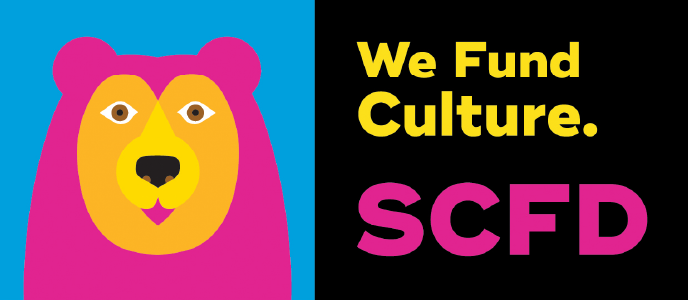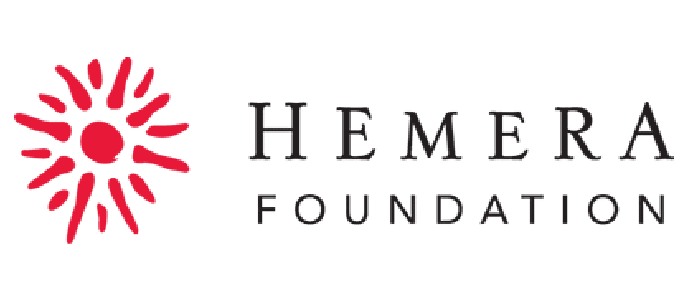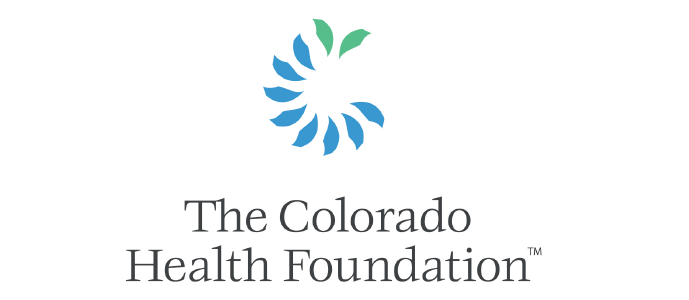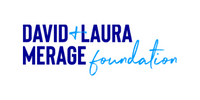Jayne Butler is a RedLine volunteer and a local artist who makes art with technology. It's often playful, it usually has crafty elements, and sometimes talks about feminism. She is currently working towards her MFA in Emergent Digital Practices at the University of Denver. The following blog piece was inspired by the 2016 election and the fear & anxiety that it has induced.
WARNING: If you are visiting Along the Line to escape the political turmoil that has engulfed your news, your social media, and your country, you will not find a break here. As I sat down to brainstorm what to contribute to this forum I couldn’t find anything more pressing or more meaningful happening in our community and our lives more pressing than the current political climate. Like so many of us across the country, I’m disappointed. I’m scared. I’m confused. I keep asking myself the same question: what can I do? Protesting, donating, and calling my representatives are immediate actions that come to mind, but what, more specifically, can I do as an artist? In our Denver creative community, what can WE do as artists? Unlike professionals in law or social work, our role doesn’t feel as obvious or cut and dry. How do we contribute with our craft and our passions? Should we have a political artistic agenda?
Recently, I was speaking with some friends and fellow artists about “political art” and what our art practices mean in this contemporary moment. Should there be a shift in focus or is the political always inherent in artistic work? On one hand, you can argue that art is political by nature. Art is social and social entities imply society and society implies politics. Political art might as well be a redundancy. I think of a quote by Ai Wei Wei that states, “I don’t think anybody can separate art from politics. The intention to separate art from politics is itself a very political intention.” In this way, our art practices are a form of resistance. On the other hand, art can be viewed as a form of beauty separate from our political being. Can we place the value of political art higher than an art form that addresses our emotions differently or separately? Many view art enriched with aesthetic beauty as an escape. Can’t art help us escape this turmoil even for a moment? Don’t we deserve vehicles to feel emotions other than those fueled by our political landscape? Isn’t art the essential vehicle?
Right now, I am meditating on these ideas and in-reality there are hundreds of different ways to view art, its role in life, and in politics. It’s important for me to think about my practice as it relates to my environment and constantly assess my viewpoint as an artist and my role in my community. The only conclusion I can come to is that while I experience a shift in my world, I feel a shift in my practice. I want to empower my community as best I can and I know I need to keep making and making and making. I write this post not in an attempt to definitively answer any of the questions posed nor do I think there is one grand answer. I am writing to enlist your help (whether that be an opinion or otherwise) and share my vulnerability as an artist and ally. Let’s talk, let’s think, and let’s work together.
Image credit: Sharon Morrison, S.O.S...America’s Troubles, 2018





